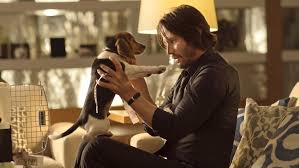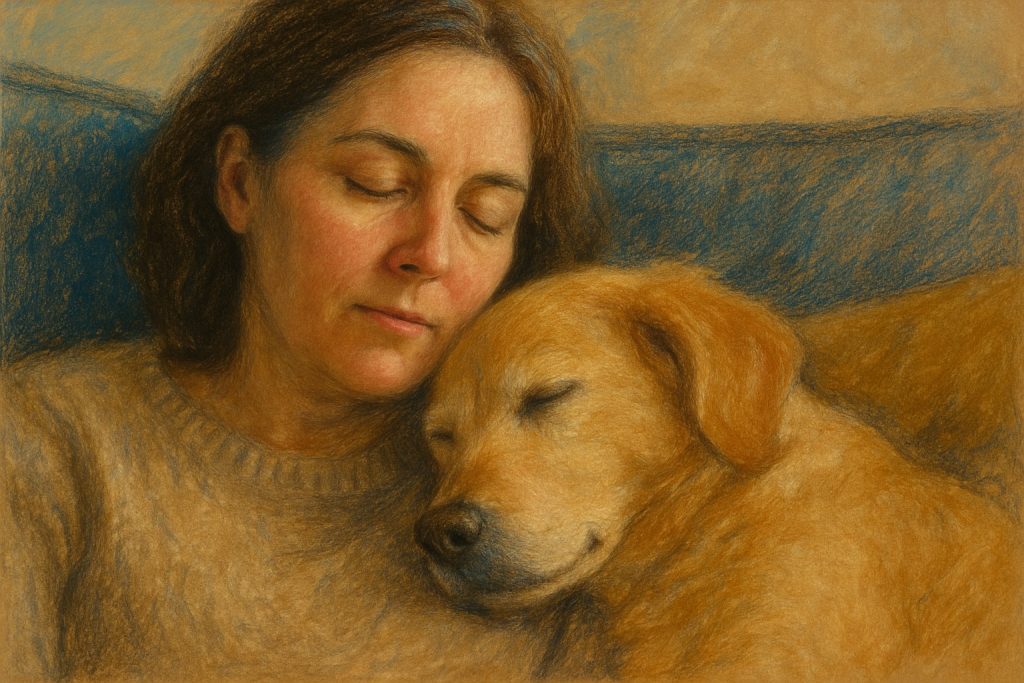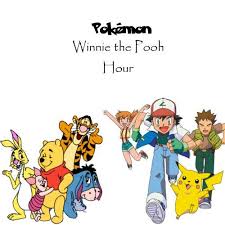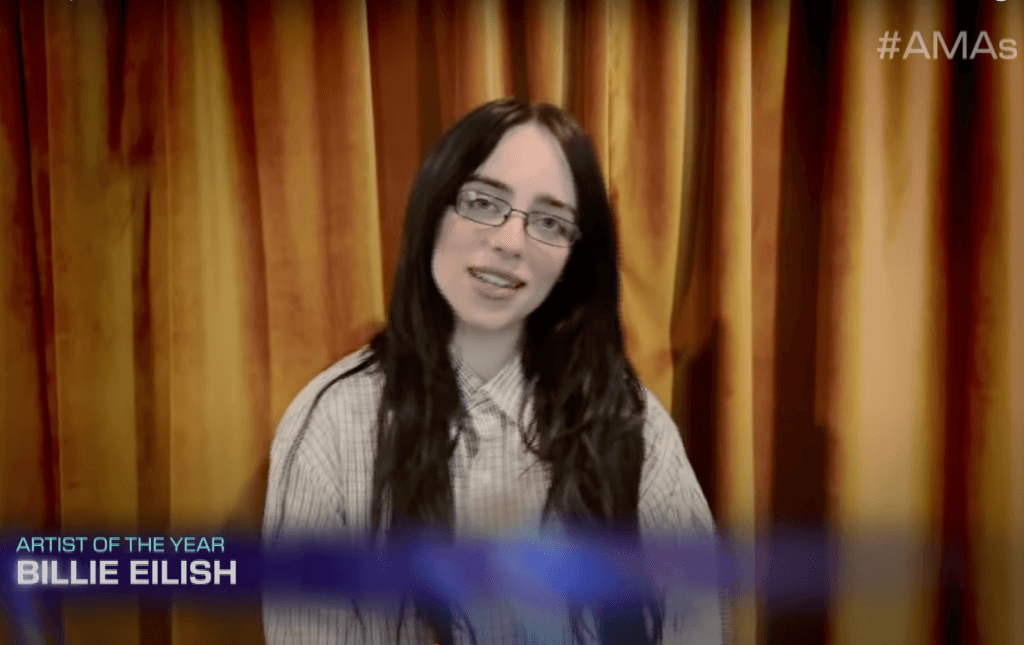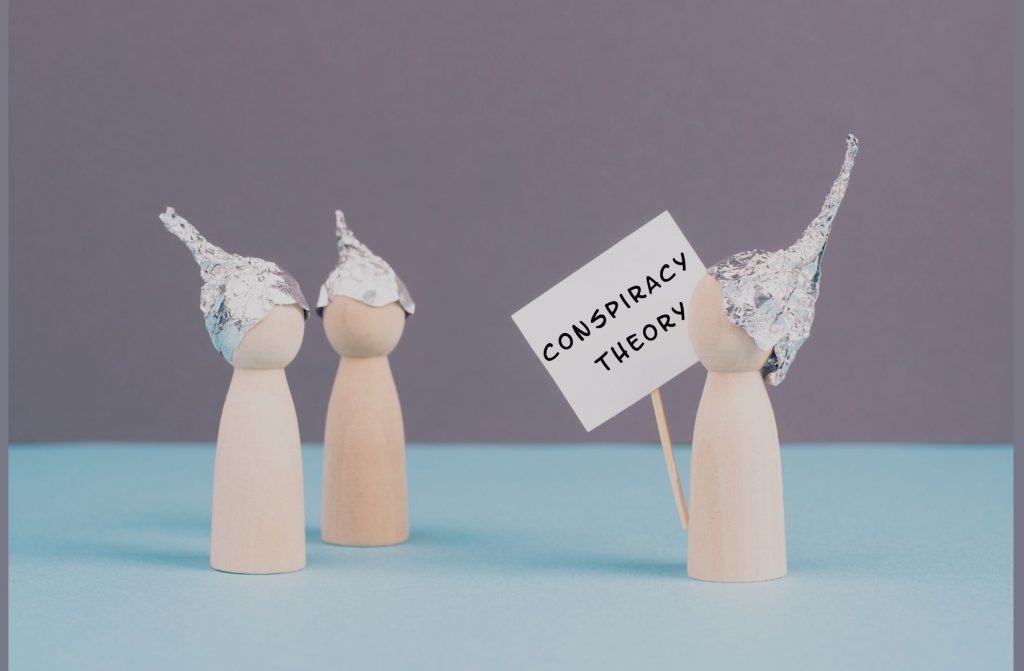Losing a dog is never just losing a pet. Anyone who has loved a dog knows they are family, companions, and the kind of loyal love that never asks for anything in return. So when a friend loses their dog, it’s not just a “sad moment”—it’s grief, real and raw.
And if you think that’s an exaggeration, just ask John Wick.
A whole action franchise was built around the depth of losing a beloved dog, because even a man trained to take down entire criminal syndicates couldn’t just “move on” from that kind of loss. So, when your friend loses their dog, they don’t need logic or forced optimism. They need acknowledgment, empathy, and space to grieve. And that’s where it gets hard. What do you even say?
You don’t want to sound insensitive (“At least they lived a long life”) or too detached (“You’ll get another dog someday”). You want to be there for your friend—but without falling into empty words or making it about fixing their pain.
If you’re stuck on what to say, here’s a guide to offering real comfort, not just rehearsed sympathy.
1. Acknowledge the Loss of the Dog
The simplest, most honest thing you can say is:
“I’m so sorry. I know how much you loved [dog’s name].”
Sometimes, that’s all they need—acknowledgment. Don’t try to minimize their loss (“At least they had a good life”) or jump to solutions (“Maybe a new puppy will help”)—just recognize that what they’re feeling is real. If their dog was sick or old, that doesn’t mean the pain is easier. Loss is loss. Let them grieve without rushing to make it better.
2. Make It Personal
If you knew their dog, mention a memory.
“I’ll never forget how [dog’s name] would always run to the door when I visited.”
“They were the best snuggle buddy—no dog could replace that.”
This shows that you remember their dog as an individual, not just as a pet they lost. If you didn’t know the dog well, you can still say:
“I know how much they meant to you, and I know how much they’ll be missed.”
Sometimes, just showing that you know their grief is real is enough.
3. Be There Without Pushing
Grief is weird. Some people want to talk about it, some don’t want to say anything at all. Either way, just letting them know you’re there is powerful.
“I’m here whenever you want to talk—or even if you just need a distraction.”
“If you need company, let me know. We can do something, no pressure.”
Don’t force them to “open up” or “talk about their feelings” if they’re not ready. Sometimes, people just need to sit with their grief.
4. Offer Small Acts of Comfort
Grief makes everyday tasks harder. You don’t need to make grand gestures—small kindnesses mean everything.
- If they’re struggling with pet-related chores, offer to help with vet or cremation arrangements if needed.
- If they’re heartbroken at home, bring them their favorite snack or coffee—because sometimes grief makes people forget to take care of themselves.
- If they’re isolating, invite them for a walk or a casual hangout—without forcing conversation about their loss.
Little gestures remind them they’re not alone.
5. Keep Checking In
Most people offer support in the first few days, but grief doesn’t just last a week.
A simple “Thinking of you today” message a few weeks later can mean the world.
If their dog’s birthday or “gotcha day” rolls around, they might feel the loss all over again. On those days, a small message like:
“Thinking of [dog’s name] today. Sending you love.”
It costs nothing, but it reminds them their loss is still valid, even after time has passed.
What NOT to Say
Even with the best intentions, some phrases hurt more than help. Avoid:
“You can always get another dog.” → They didn’t lose a generic pet, they lost THIS dog.
“At least they lived a long life.” → That doesn’t make it easier. Loss is still loss.
“I know exactly how you feel.” → Even if you’ve lost a pet before, grief is personal. Just be there instead.
“Everything happens for a reason.” → Not helpful. Grief doesn’t need logic—it needs space.
When someone loses their dog, they’re not just losing a pet. They’re losing years of companionship, unconditional love, and a piece of their everyday life. You don’t have to fix their grief. You just have to walk beside them in it. Because in the end, the most comforting thing isn’t finding the perfect words. It’s simply being the friend who stays.
Have you ever lost a pet? How did your friends support you—or what do you wish they had said? Share your thoughts in the comments 💙

